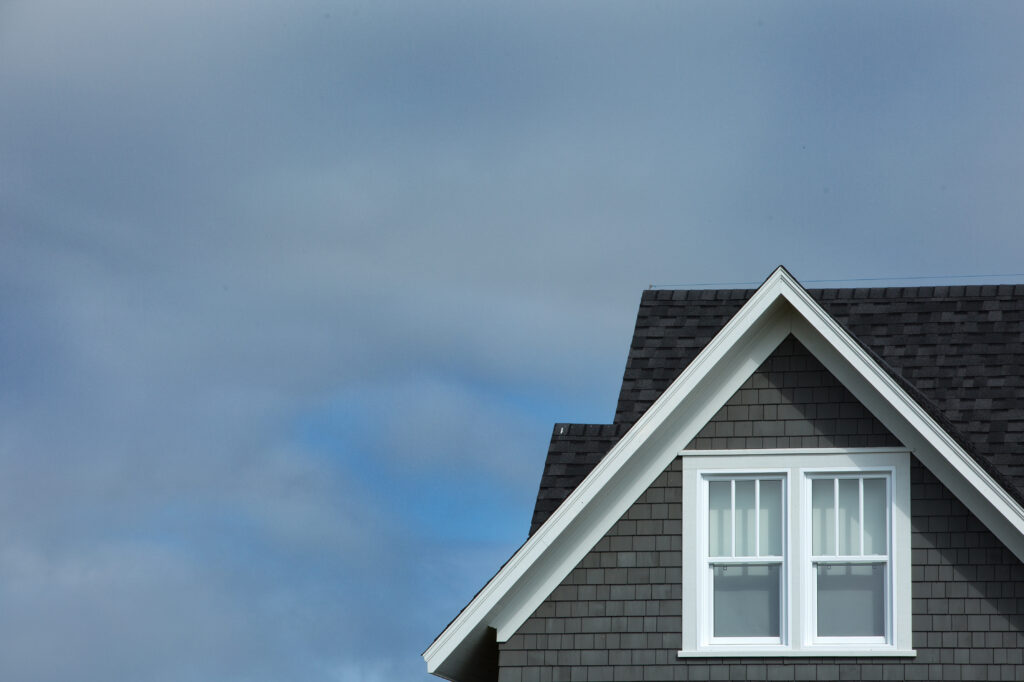Many homeowners and commercial property owners find themselves pondering whether their insurance policy will cover the cost of upgrading their roof. This question becomes particularly pertinent when roof damage necessitates significant repairs or a complete replacement. The answer to this is nuanced, dependent on the specifics of your insurance policy and the nature of the damage. However, there’s another factor to consider: the potential for a reduction in your insurance premium due to an upgrade.
Understanding Insurance Coverage for Roof Upgrades
Standard Policy Coverage
Insurance policies are primarily designed to restore your property to its pre-damage condition. This typically means covering the cost of repairing or replacing the damaged part of the roof with similar materials. Upgrades are usually not included unless you have additional coverage.
Replacement Cost vs. Actual Cash Value
– Replacement Cost Policies: These cover the replacement of your roof at current market prices, minus depreciation. While they might not inherently cover upgrades, additional coverage can sometimes be purchased.
– Actual Cash Value Policies: These policies consider the roof’s depreciation and cover only its value at the damage time, usually not enough for upgrades.
Potential for Premium Reduction
Upgrading your roof, particularly the level of your shingles, can sometimes lead to a reduction in your insurance premium. Higher-quality roofing materials often mean enhanced durability and better protection against elements, reducing the risk of future claims. This decreased risk can translate into lower insurance premiums.
– Short Break-Even Point: In some cases, the reduction in premiums can be significant enough that the upgrade pays for itself over a relatively short period. This means that, while you might pay more upfront for the upgrade, the long-term savings in insurance costs could put money back into your pocket.
When Might Insurance Cover Upgrades?
1. Code Upgrades: If local building codes have changed, necessitating different materials or methods, your policy might cover these mandatory upgrades, especially with “law and ordinance” coverage.
2. Endorsements or Riders: Additional coverage for upgrades can sometimes be added to your policy for an extra cost.
3. Partial Upgrades: If repair materials are outdated or unavailable, insurance might cover the cost of a similar, upgraded material.
Factors to Consider
– Review Your Policy: Understand what your policy covers regarding upgrades and discuss potential premium reductions with your agent.
– Cost-Benefit Analysis: Evaluate whether the potential long-term savings in premiums justify the initial cost of the upgrade.
– Documentation: Keep detailed records of all upgrades and repairs for insurance and valuation purposes.
– Professional Advice: Consult with roofing experts to understand the benefits of different materials and with your insurance agent about how these upgrades affect your coverage and premiums.
Conclusion
While standard insurance policies may not directly cover the cost of roof upgrades, the potential for a lower insurance premium due to upgraded materials can be a significant financial incentive. It’s crucial to understand your insurance policy, the long-term benefits of roof upgrades, and the potential for premium reductions. Carefully weigh these factors to make an informed decision that balances immediate costs with long-term financial savings.
—
*This article offers a general overview of insurance coverage for roof upgrades. For specific advice, consult your insurance provider and a professional roofing contractor.*

